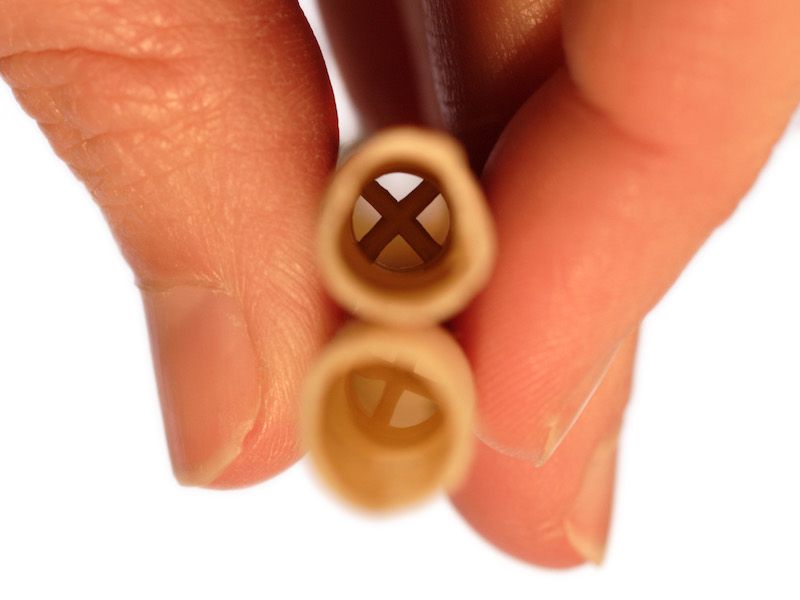
There’s a persistent belief in some groups that a practice known as “ear candling” is a good way to minimize your earwax. Does ear candling work and what is it?
Earwax Candles, is it Effective?
Spoiler alert: No. No, they don’t.
Why then, does this piece of pseudo-science keep finding its way into the minds of otherwise rational human beings? That’s a hard question to answer. But even though the sensible choice is pretty clear, understanding more about the dangers of earwax candling will help us make an informed choice.
Earwax Candling, What is it?
So here’s the basic setup: Maybe you have an excessive amount of earwax and you’re not really sure how to eliminate it. You know you aren’t supposed to use cotton swabs (which is good, cotton swabs are not a great way to clear out your ears, generally speaking). So, after doing some research, you discover a technique known as earwax candling.
Here’s how earwax candling theoretically works: You produce a pressure differential by shoving the candle into your ear, wick side out. The wax inside of your ear, then, is pulled outward, towards the freedom of the open world. In theory, the pressure differential is enough to break up any wax that may be clogging up your ear. But this dangerous technique is not a smart means of cleaning your ears.
Why Ear Candling Doesn’t Work
This practice has a few problems, like the fact that the physics just don’t work. There’s simply no way for a candle to create that type of pressure differential (and in order to move earwax around, that pressure difference would need to be pretty substantial indeed). Second, generating that kind of pressure difference would call for some kind of seal, which doesn’t happen during candling.
Now, there are supposedly special candles used in this “treatment”. When you’re done with your fifteen minutes of ear candling, you can break up the candle and, in the hollow, see all bacteria, debris, and wax that was in your ear. The only problem is that the same debris shows up in both used and unused candles. So the whole process amounts to fraud.
Scientific analysis has never been able to prove any benefit involving earwax candling.
So we Know Ear Candling Doesn’t Work But Dangerous is it?
So, you might as well give it a try, right? Well, you’re looking for trouble anytime you get a hot candle around your ears. You may be ok if you try earwax candling. Lots of people do. But that doesn’t imply there aren’t hazards involved, and it certainly doesn’t imply that ear candling is safe.
The negative impacts of ear candling can include:
- Significant burns inside ear. Extreme hearing problems and burns can be the result of getting hot wax in your ear. In the most severe cases, this could permanently jeopardize your hearing.
- Once the wax cools it can block your ear canal. You could wind up temporarily losing your hearing or even requiring surgery in extreme cases.
- You might cause severe injury when you play around with an open flame and potentially even put your life in danger. You wouldn’t want to burn your house down, would you? Eliminating a bit of earwax isn’t worth that kind of danger and risk.
You Can Keep Your Ears Clean Without Needing a Candle
In the majority of circumstances you will never even need to worry about cleaning earwax out. That’s because the human ear is basically a self cleaning system. Nevertheless, there are certain people who will have uncommonly heavy earwax production or buildup to deal with.
If it turns out that you have excessive earwax there are practices that have been proven to work safely. For example, you could use a fluid wash. Another alternative would be to see a hearing care specialist for an earwax cleaning.
You should continue to stay away from cotton swabs. And you should also avoid using an open flame to clear out earwax. Earwax candling doesn’t work, and it can create dangers that will put your comfort and your hearing in significant jeopardy. So perhaps it’s time to put away those special candles